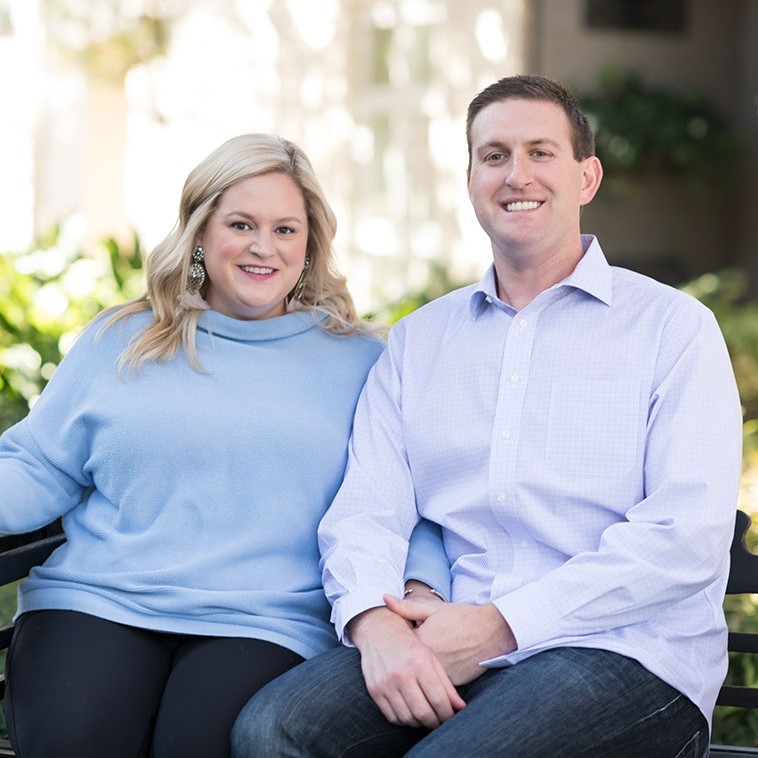You provide comfort, care, and knowledge. You help tend to your loved one’s needs. We appreciate the important role that you, as a caregiver, play in supporting your friend or family member.
All clinical trials are different, but some tasks are similar regardless of the study your loved one has joined. We hope the information provided here is helpful as you prepare to assist the participant on his or her clinical trial journey.
Ways to support a loved one in a clinical trial

Review the informed consent document to learn about the requirements of the study, including the study activities. This can help with planning for appointments and other activities.
Take note of potential side effects that may occur, as explained in the “Potential Risks” section of the informed consent document. Then, help your loved one identify changes and side effects throughout the study. These should be reported to the clinical study team.
Keep in mind that both you and the participant are always free to ask the study team any questions you have. Being an active listener and taking notes during any appointments you attend may also be helpful.
Speak directly with the study team to ask medical or logistical questions. These may include whether participant support services are available, such as study-related transportation reimbursement.
Listen and speak openly with your loved one about the study and how you can provide support.
Remember to take care of yourself, too. Consider connecting with other caregivers or loved ones who can help offer you support.
Refine your search
Frequently asked questions
Every clinical trial is different, so the time commitment for each is also different. Each clinical trial has a detailed plan for study activities. This plan includes the length of time required to participate in the study, the number of appointments related to the study, and what will happen during those appointments. You may also consider the time you will need to travel to the appointments.
During the informed consent process, the study team will walk you through the details of the study. You can ask the study team any questions you have before deciding whether to participate, as well as during the study.
The available support depends on your specific study and the location where your loved one is enrolled. The details are explained in the informed consent document. Examples of support that may be available include transportation to study visits or digital tools to help participants capture study-related activities. The study team is also always available to answer any questions you or your loved one may have.
The study coordinator or another member of the study team at the location where your loved one is participating is typically your main point of contact throughout the clinical trial. This member can answer many questions about the day-to-day details of the study. Depending on your question, he or she may refer you to other members of the study team, such as the principal investigator, at the location where your loved one is participating.





